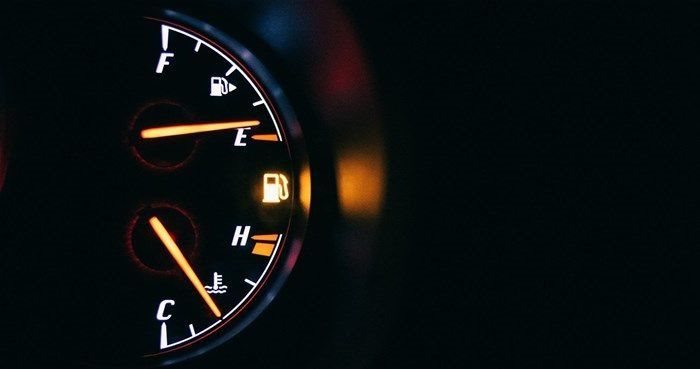
Top stories






More news

Marketing & Media
#AfricaMonth: How Sarah Collins, founder of Wonderbag, is changing lives globally
Evan-Lee Courie 15 hours






ESG & Sustainability
Lesotho Highlands Water Project contractor suspended for polluting rivers







ESG & Sustainability
Plan to use properties owned by City of Cape Town for homeless project





HR & Management
Why you need to reinvent the career ladder to attract and retain young talent
Anja van Beek 9 May 2025











